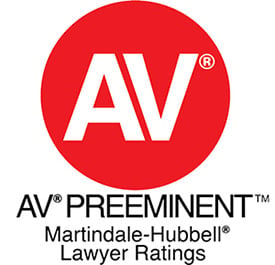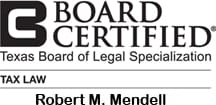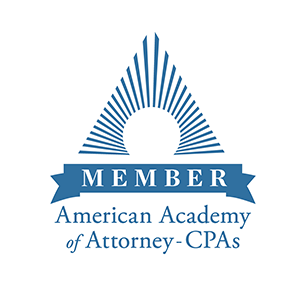What Potential Tax Issues Should I Consider When Starting A Business?
Before starting a business, it is important to consider and plan for a variety of tax-related issues. Initially, the type of entity that you select for your business will affect the business’s tax liability. The main business forms are sole proprietorships, partnerships, corporations and limited liability companies (LLC). These business forms are treated differently for tax purposes.
It is important to consider the potential taxes for which your new business may be responsible. In addition to income taxes, your new business may be subject to a variety of other taxes such as employment tax, payroll tax, capital gains tax, excise tax, sales tax, property tax and estate tax. Before starting a business it is important to consider how these other taxes will affect your business.
Another issue for a new business to consider is which accounting method it will use. If the business follows the cash method, it will report income the year it receives it and deduct expenses in the tax year the business pays them. Under the accrual method, the business will report income in the tax year it is earned, whether or not payment is received, and will deduct expenses in the tax year they are incurred no matter when they are paid.
The business must also determine what tax year it will follow. Taxable income must be calculated on the basis of a tax year, which can be either a calendar year (12 consecutive months starting January 1 and ending December 31) or a fiscal year (12 consecutive months ending on the last day of any month except December).
The business must also decide which records to keep and for how long. There are a variety of business records that should be kept for tax purposes. First, the business should keep gross receipts and documents that show its income such as invoices, receipt books, cash register tapes, bank deposit slips and credit card transaction records. Second, the business should retain documents reflecting purchases, which are things the business buys and resells to customers, including raw materials used to make things. Such documents should show the amount paid and include invoices, cancelled checks and credit card statements. Third, the business should keep documents showing its expenses, which are the costs incurred to run the business, including canceled checks, account statements, credit cards, invoices and petty cash slips. The business should also keep employment tax records and documentation relating to assets the company holds. Finally, the company should retain documents that substantiate travel, gift and entertainment expenses that are business related and for which the business claims a deduction.
Another issue for you to consider as you start a new business is how to minimize the business’s tax liability. One way to reduce your business’s tax obligation is to maximize its deductions. There are several tax deductions available to businesses, including a deduction for all business expenses that are ordinary, necessary and reasonable. Under section 162 of the Internal Revenue Code, several types of trade or business expenses are generally deductible, including reasonable office expenses and supplies, business travel expense such as airfare, car rental and hotel costs, business-related meals and entertainment expenses, legal and professional services and car expenses for driving done for business purposes.
If you plan to run your business from your home, there are additional tax implications to consider. You may be able to claim a home office deduction for expenses related to the portion of mortgage interest, property taxes, rent, utilities, insurance, repairs and depreciation attributable to your business. Generally, a person is entitled to the home office deduction if the home office is used regularly and exclusively as the principal place of business or as a place to meet customers or clients in the ordinary course of business. If you have a separate structure on your property that is not attached to your home, such as a free-standing garage that you converted to an office, you may deduct business expenses related to it as well.
Copyright © 2008 FindLaw, a Thomson Reuters business
DISCLAIMER: This site and any information contained herein are intended for informational purposes only and should not be construed as legal advice. Seek competent counsel for advice on any legal matter.



